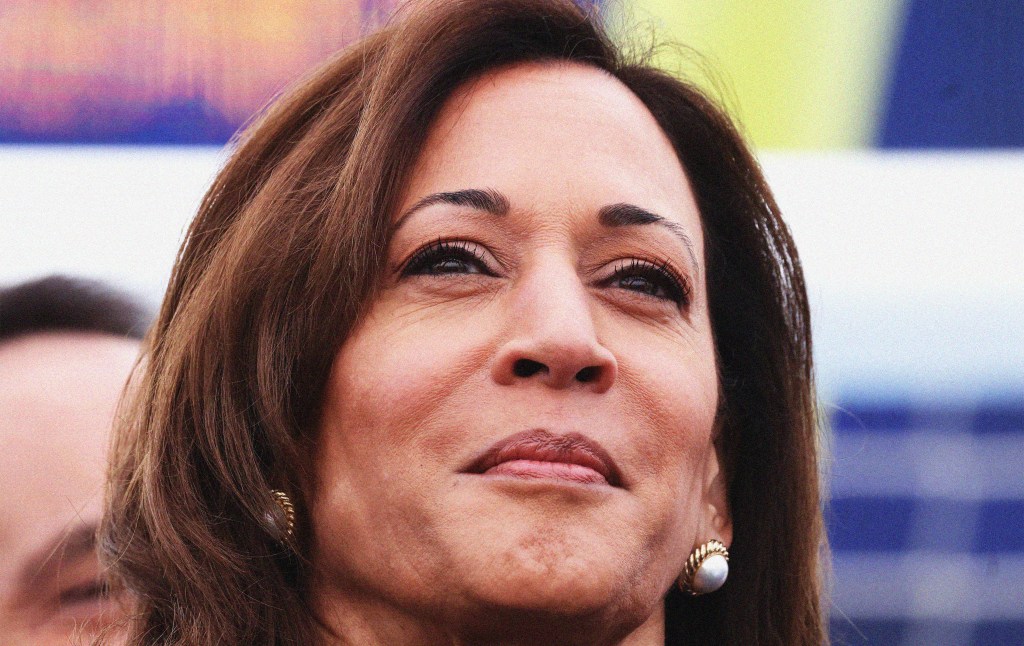William Henry Harrison, the ninth president of the United States, was the last commander in chief born a British subject and the first member of the Whig Party to win the White House. He delivered the longest inaugural address in history, nearly two hours, and had the shortest presidency, being the first sitting president to die in office, just 31 days into his term.
Oh, there is one more bit of trivia about the man who gave us the slogan “Tippecanoe and Tyler Too.” Harrison was the last politician to lose his first presidential election and then win the next one (Thomas Jefferson and Andrew Jackson managed that before him). Richard Nixon lost only to win way down the road. (Grover Cleveland and Trump are the only two to win, lose and then win again.)
Everyone else since Harrison’s era who lost on the first try and ran again in the next election lost again. Democrat Adlai Stevenson and Republican Thomas Dewey ran twice and lost twice. Henry Clay and William Jennings Bryan each ran three times in a row and lost (Clay ran on three different party tickets). Voters, it seems, don’t like losers.
These are not encouraging results for Kamala Harris, who announced last week she will not be running for governor in California, sparking speculation that she wants another go at the White House.
But history isn’t what she should worry about. It’s the here and now. The Democratic Party is wildly unpopular. Its net favorability (minus 30 points) is nearly triple the GOP’s (minus 11 points). The Democratic Party is more unpopular than at any time in the last 35 years. When Donald Trump’s unpopularity with Democrats should have the opposite effect, 63 percent of Americans have an unfavorable view of the party.
Why? Because Democrats are mad at their own party—both for losing to Trump and for failing to provide much of an obstacle to him now that he’s in office. As my Dispatch colleague Nick Cattogio puts it, “Even Democrats have learned to hate Democrats.”
It’s not all Harris’ fault. Indeed, the lion’s share of the blame goes to Joe Biden and the coterie of enablers who encouraged him to run again.
Harris’ dilemma is that she symbolizes Democratic discontent with the party. That discontent isn’t monolithic. For progressives, the objection is that Democrats aren’t fighting hard enough. For the more centrist wing of the party, the problem is the Democrats are fighting for the wrong things, having lurched too far left on culture war and identity politics. Uniting both factions is a visceral desire to win. That’s awkward for a politician best known for losing.
Almost the only reason Harris was positioned to be the nominee in 2024 was that she was a diversity pick. Biden was explicit that he would pick a woman and, later, an African American running mate. And the same dynamic made it impossible to sideline her when Biden withdrew.
Of course, most Democrats don’t see her race and gender as a problem, and in the abstract they shouldn’t. Indeed, every VP pick is a diversity pick, including the white guys. Running mates are chosen to appeal to some part of a coalition.
Harris’ real problem is her inability to appeal to voters in a way that expands the Democratic coalition. For Democrats to win, they need someone who can flip Trump voters. She didn’t lose because of low Democratic turnout, she lost because she’s uncompelling to a changing electorate.
Her gauzy, often gaseous, rhetoric made her sound like a dean of students at a small liberal arts college. With the exception of reproductive rights, her convictions sounded like they were crafted by focus groups, at a time when voters craved authenticity. Worse, Harris acquiesced to Joe Biden’s insistence she not distance herself from him.
Such clubby deference to the establishment, combined with boilerplate pandering to progressive constituencies—learned from years of San Francisco and California politics—makes her the perfect solution to a problem that doesn’t exist.
Her choice to appear on Stephen Colbert’s The Late Show for her first interview since leaving office was telling. CBS recently announced it was terminating both Colbert and the show, insisting it was purely a business decision. But the reason for the broadcast network’s decision stemmed in part from the fact that Colbert narrow-casts his expensive show to a very small, very anti-Trump slice of the electorate.
“I don’t want to go back into the system. I think it’s broken,” Harris lamented to Colbert, decrying the “naïve” and “feckless” lack of “leadership” and the “capitulation” of those who “consider themselves to be guardians of our system and our democracy.”
That’s all catnip to Colbert’s ideologically committed audience. But that’s not the audience Democrats need to win. And that’s why, if Democrats nominate her again, she’ll probably go down in history as an answer to a trivia question. And it won’t be “Who was the 48th president of the United States?”









Please note that we at The Dispatch hold ourselves, our work, and our commenters to a higher standard than other places on the internet. We welcome comments that foster genuine debate or discussion—including comments critical of us or our work—but responses that include ad hominem attacks on fellow Dispatch members or are intended to stoke fear and anger may be moderated.
With your membership, you only have the ability to comment on The Morning Dispatch articles. Consider upgrading to join the conversation everywhere.